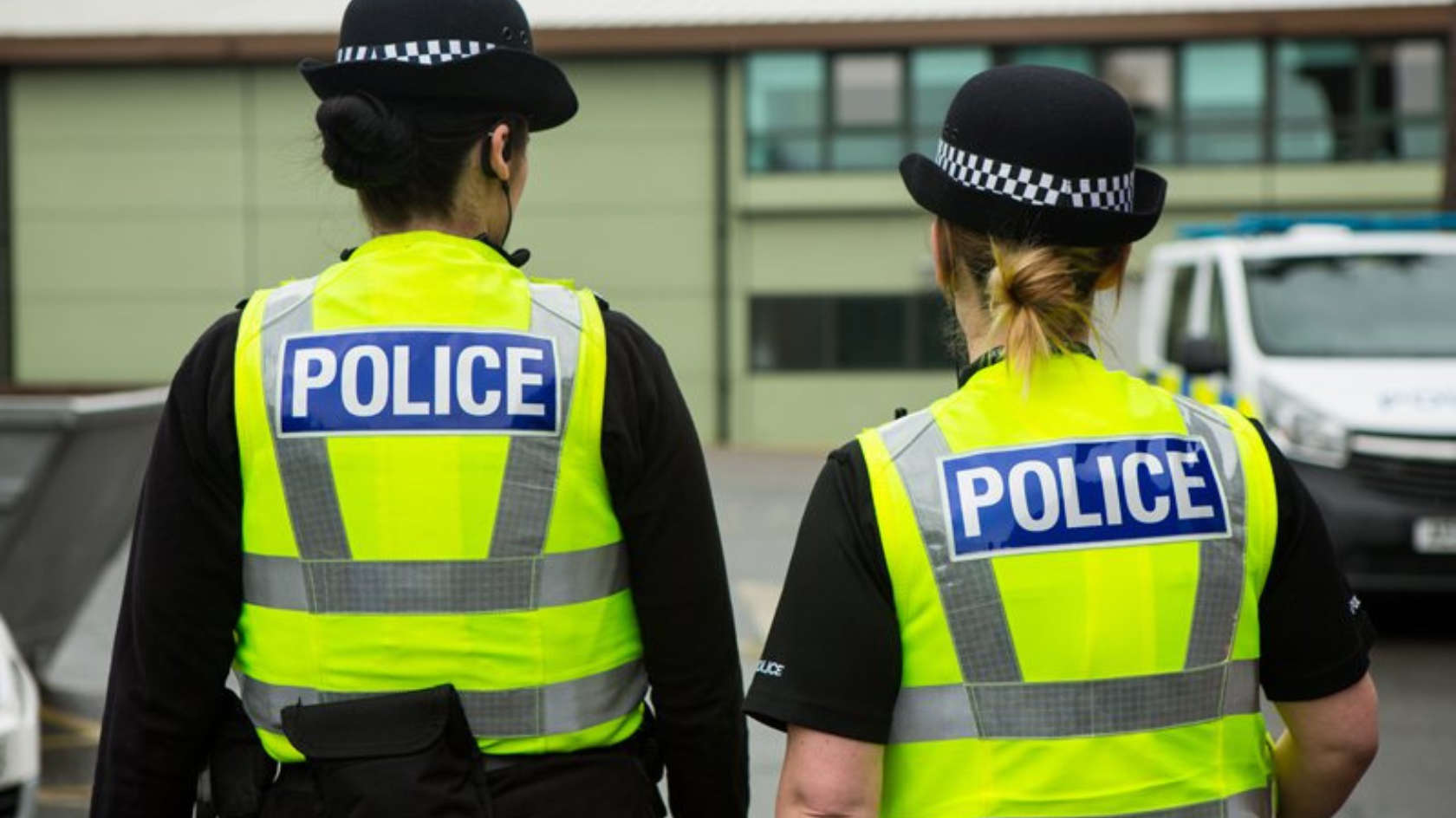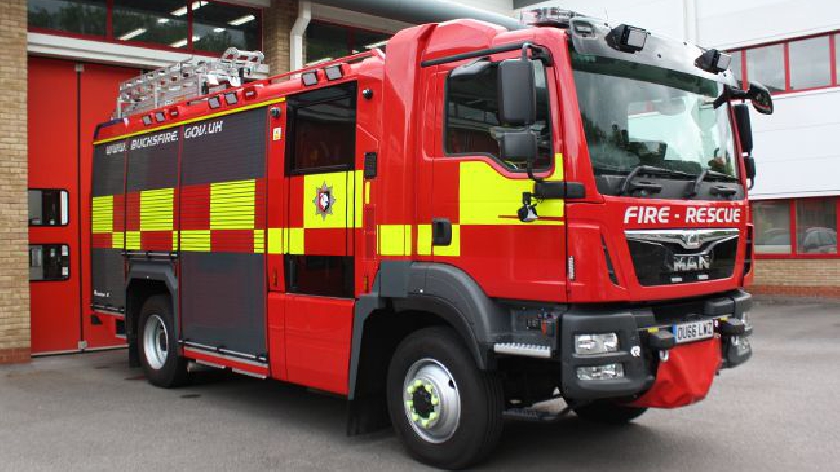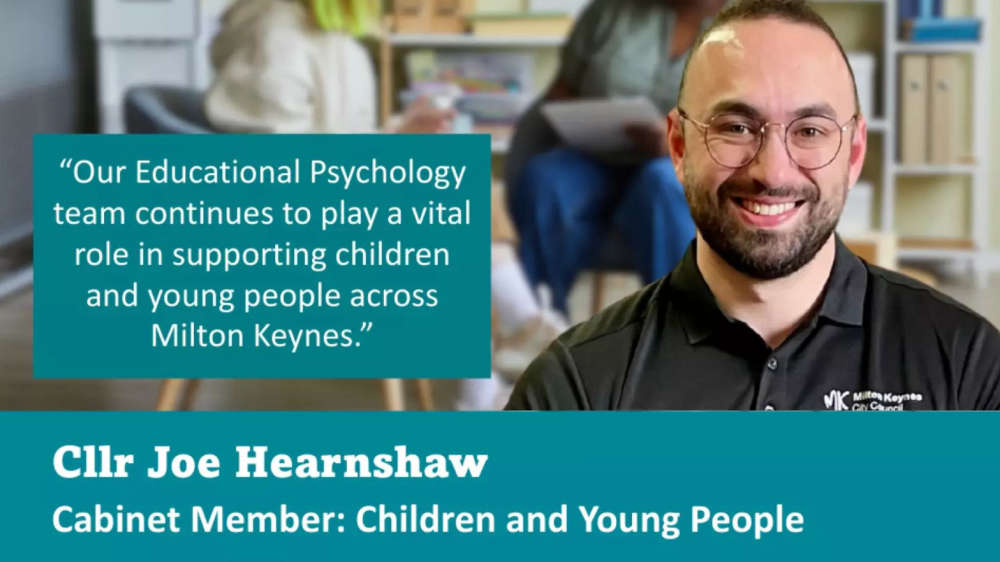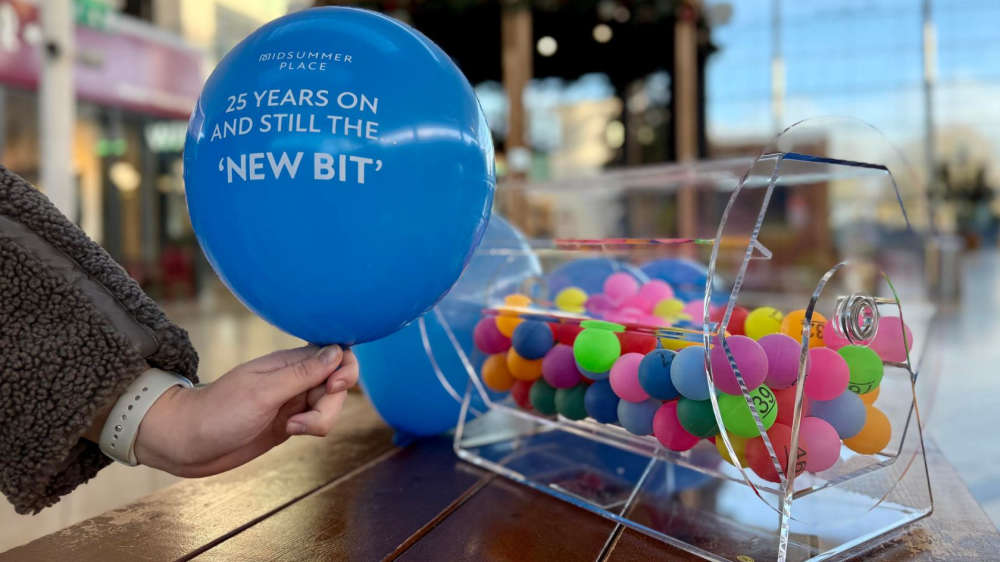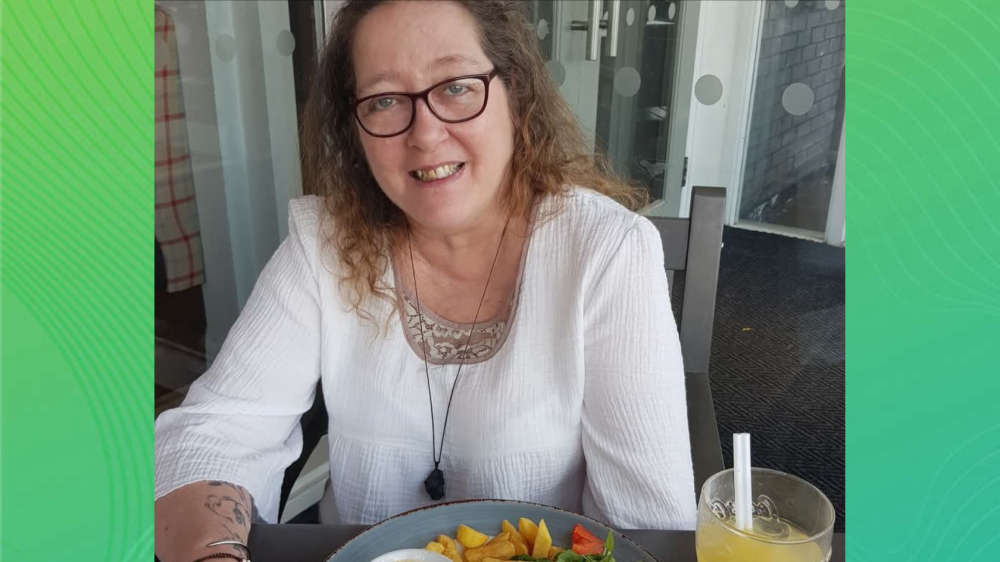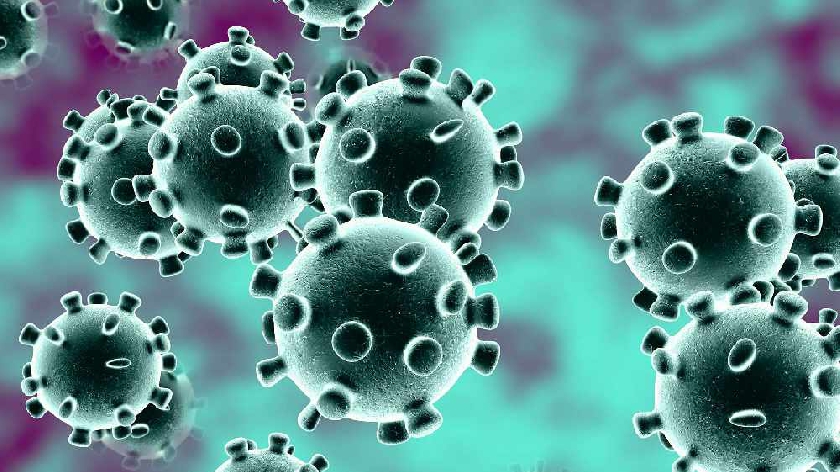
MK has the 11th highest level of infection across all local authority areas in England.
Omicron cases are now spreading rapidly throughout Milton Keynes, with numbers doubling every two days.
Despite confusion surrounding the number of cases in Milton Keynes, the new variant now accounts for more than 40% of local cases.
Omicron is far more likely than the Delta variant to cause re-infection, and close contacts are around twice as likely to become infected themselves.
Public health officials are not yet clear whether Omicron is more or less severe than previous variants, but even with the Government’s newly announced Plan B measures, scientists predict a large rise in cases and hospitalisations.
How do they know if it is Omicron?
Swabs from polymerase chain reaction (PCR) tests, which are sent to labs for analysis, can show if the variant causing the infection looks like Omicron, Delta or something else
These tests detect the genetic material of the virus and a message is then sent to the Omicron positive person.
Director of Public Health for Milton Keynes, Vicky Head is urging local people to take sensible precautions to prevent spread, saying: “We are seeing a dramatic rise in cases of COVID-19 at the moment. The Omicron variant is a significant threat to the NHS and has the potential to cause major disruption to schools, workplaces and our personal lives.
"Vaccination, including the booster, remains the single biggest thing you can do to protect yourself and your loved ones from COVID-19. I urge everyone eligible to come forward for vaccination – whether that be a booster or your first dose, as it’s not too late to be vaccinated for the first time. Doing so will have a direct impact on the spread of this virus.
"Alongside this, it’s crucial we keep up with sensible precautions like wearing a face covering, taking regular rapid tests, making sure we ventilate indoor spaces when meeting with others and following all national advice.”
Advice issued from MK Council to reduce the risk of catching or passing on COVID-19 are:
- Be fully vaccinated. Find out more about vaccinations including walk-in sessions here.
- Stay at home if you have COVID-19 symptoms and book a PCR test as soon as possible. Use lateral flow tests when required and regularly even if you have no symptoms, as one in three people with COVID-19 will not experience symptoms. If you are meeting up with others, take a lateral flow test beforehand.
- Wear a face covering in busy indoor areas. Face coverings are once again mandatory in shops, on public transport and some other indoor settings.
- The risk of catching the virus is higher in crowded and poorly ventilated places. When meeting up with people you don’t live with, choose an outdoor space if you can or open windows to let fresh air in if you meet indoors.
- Wash your hands with soap and water or use hand sanitiser regularly – especially before and after coming into contact with areas touched by many people, and before eating.





